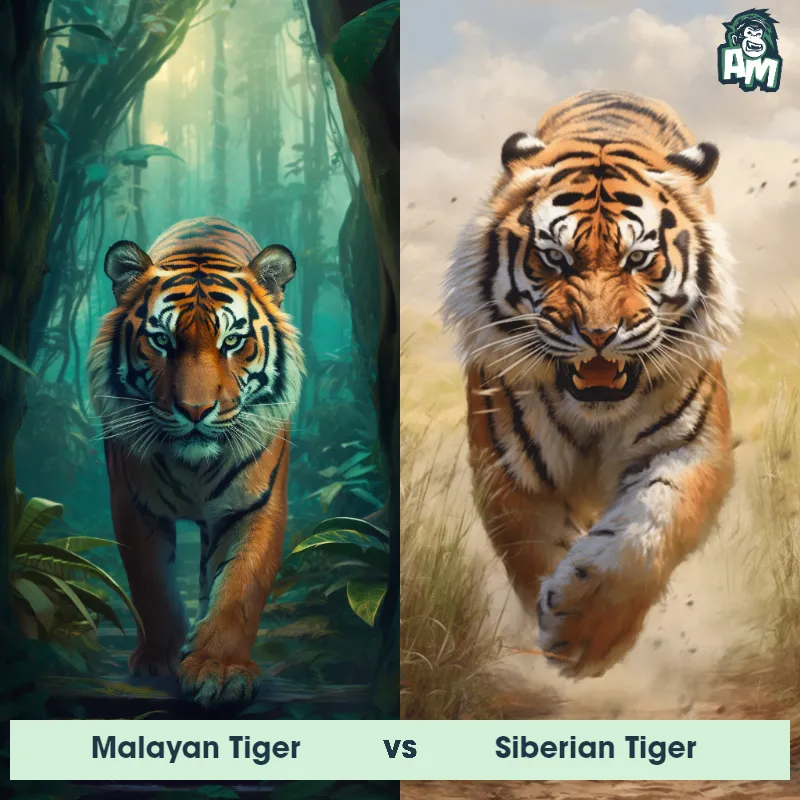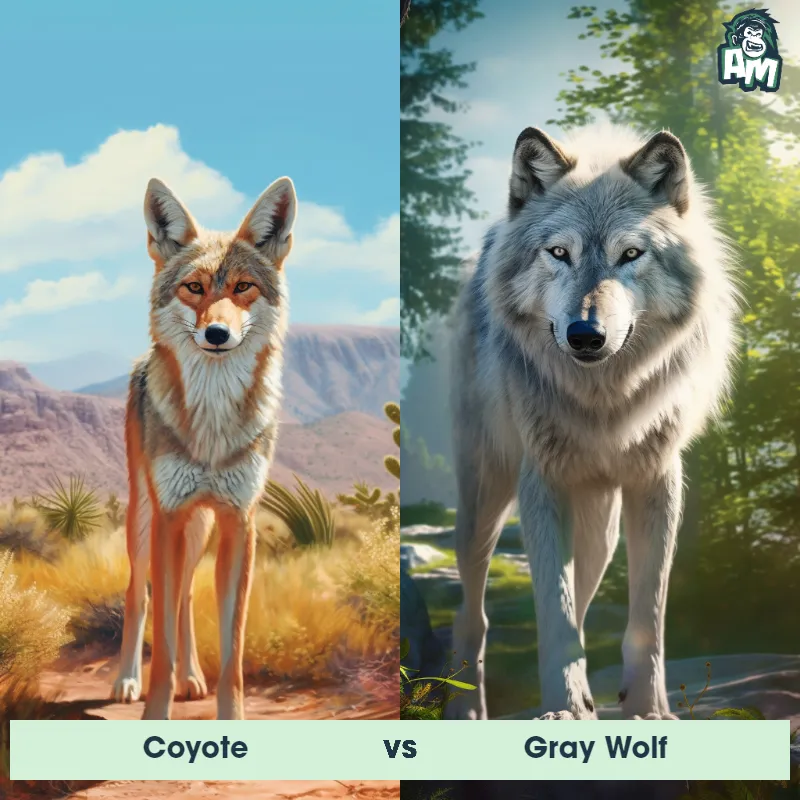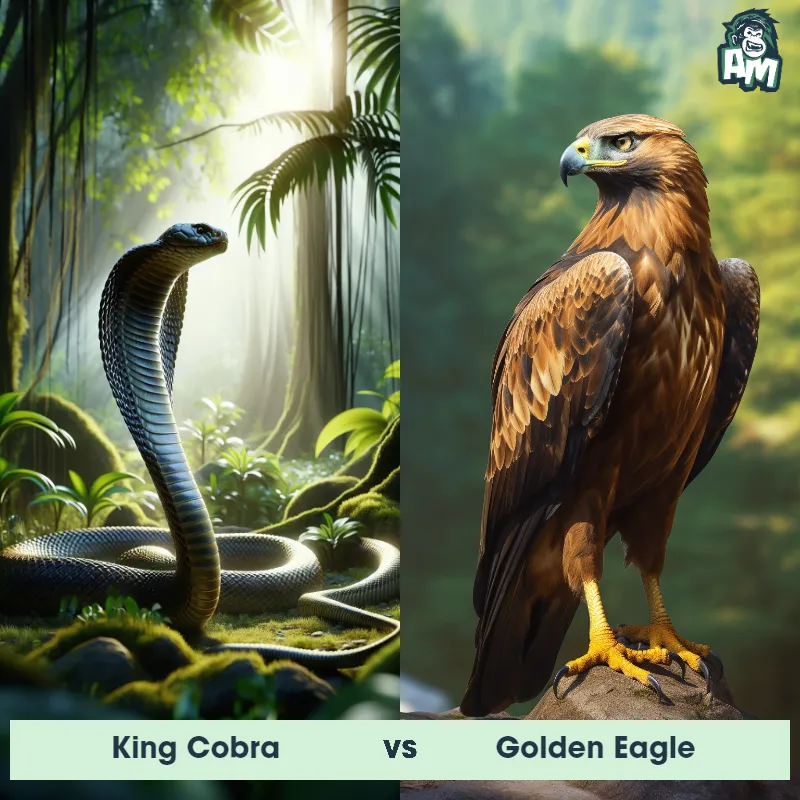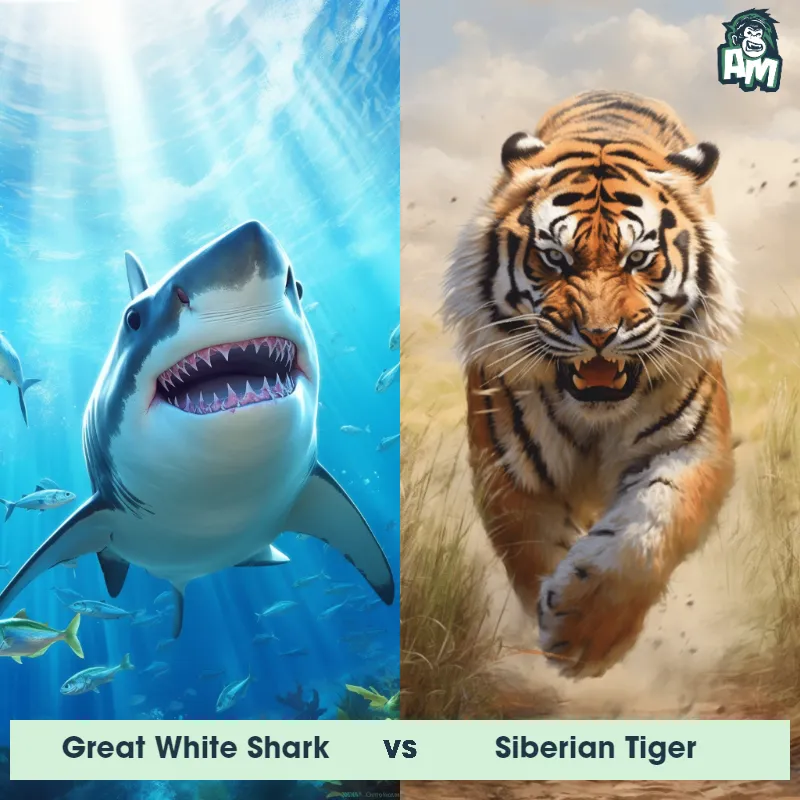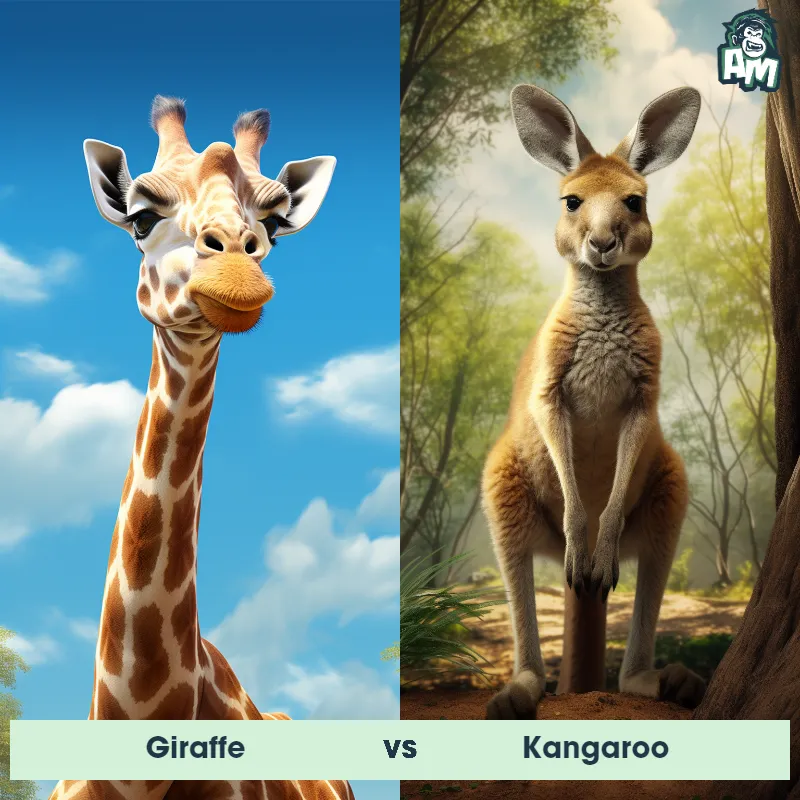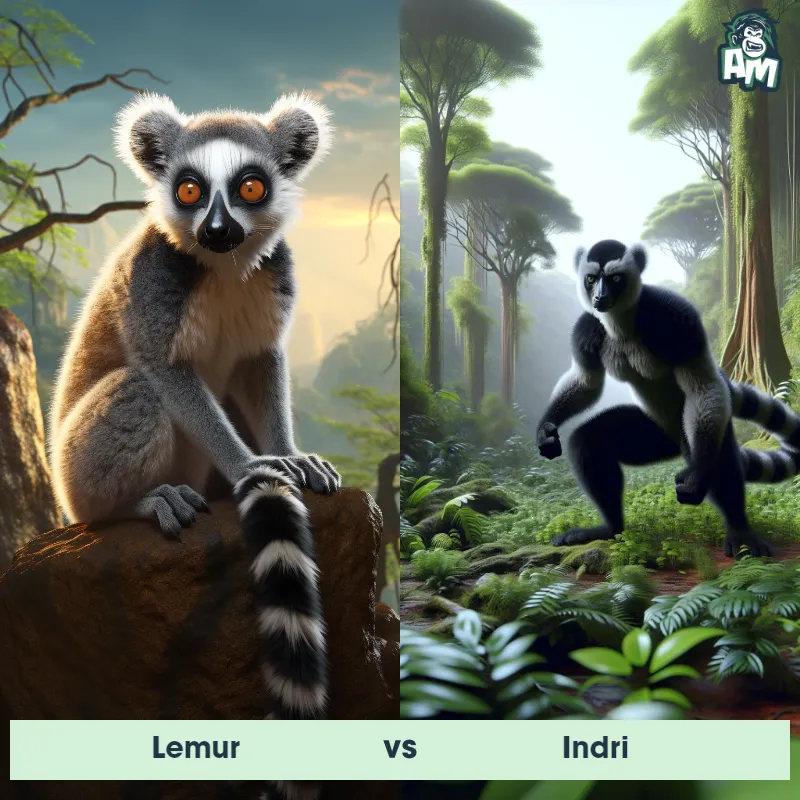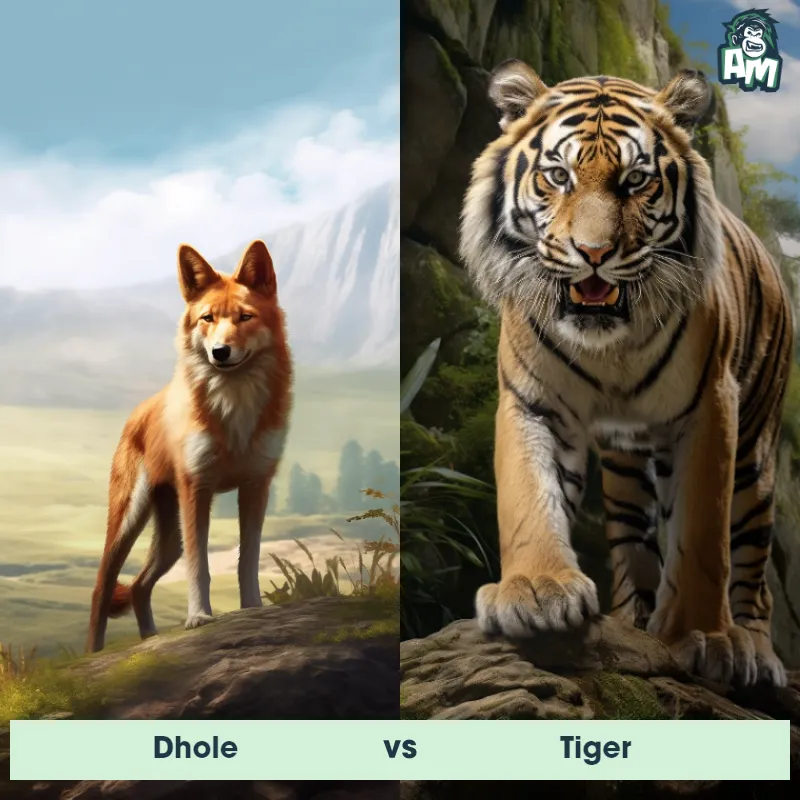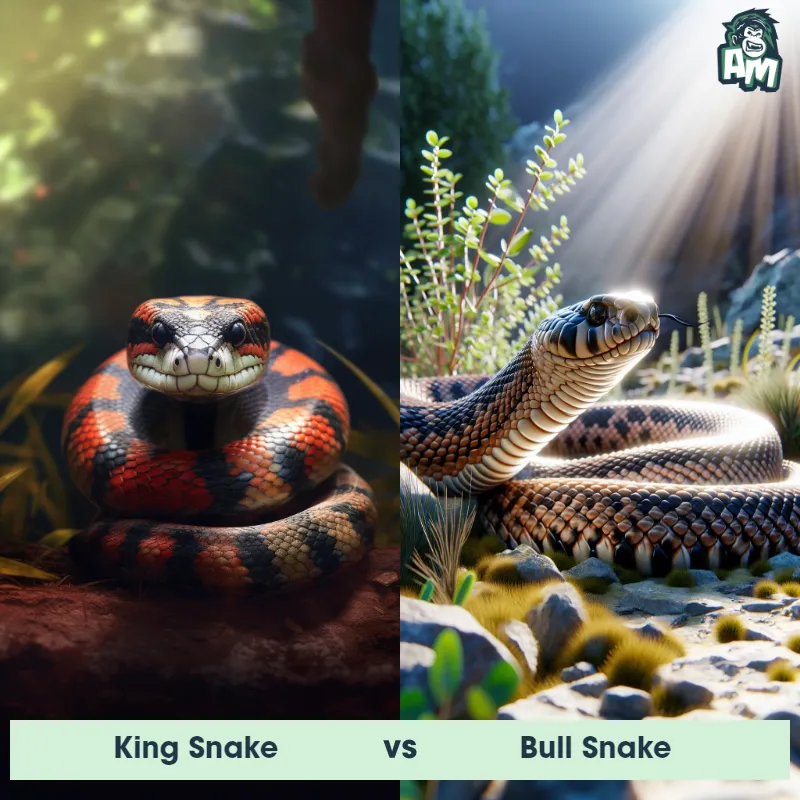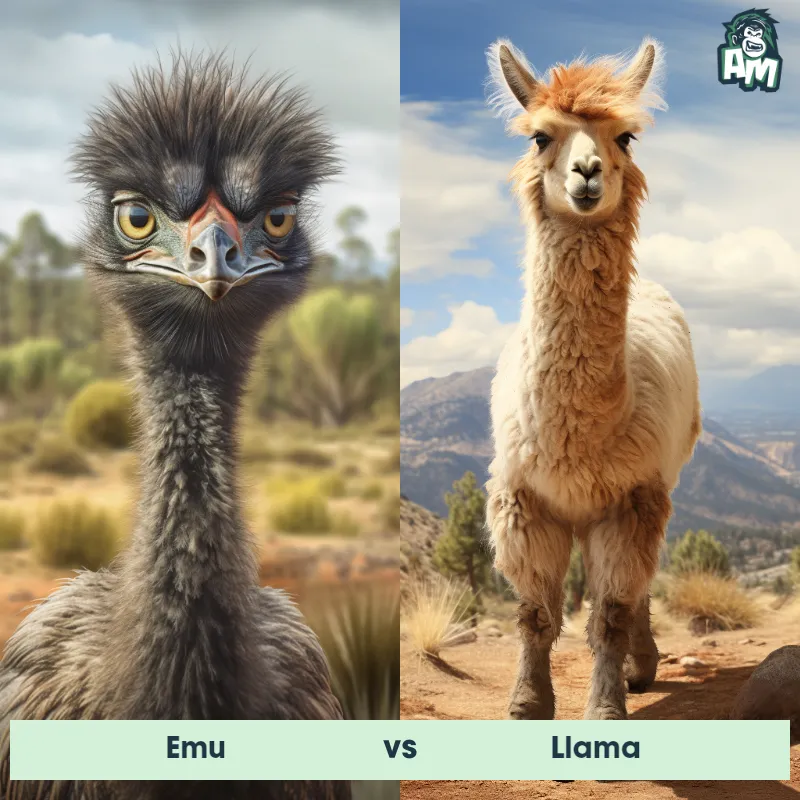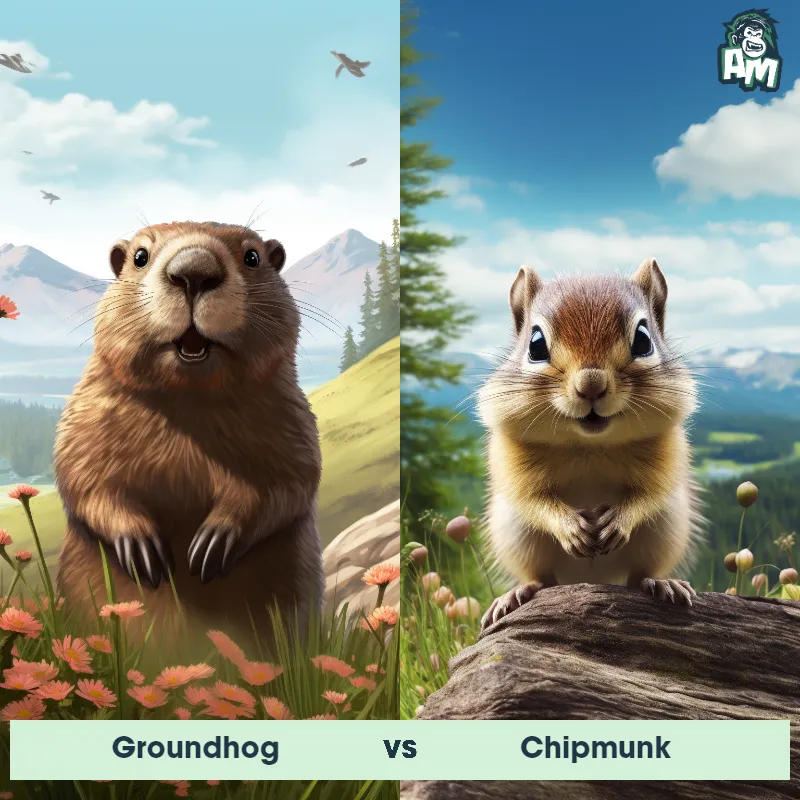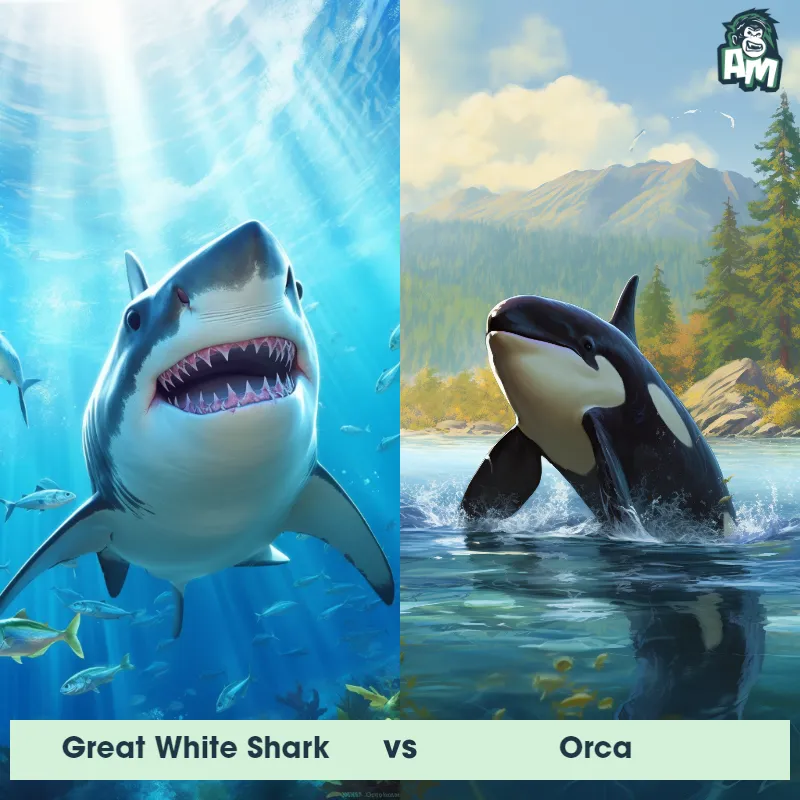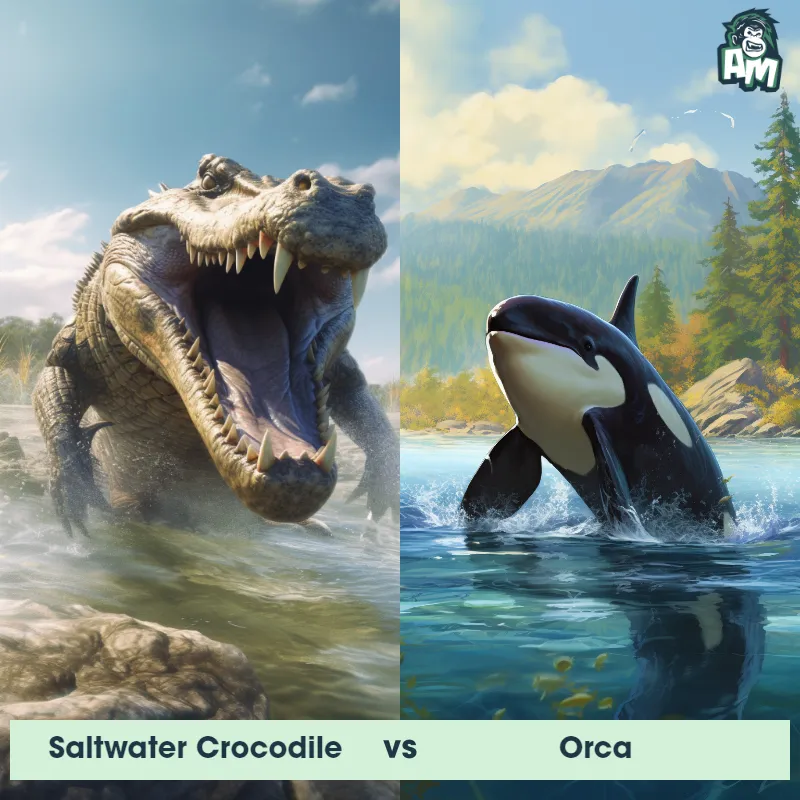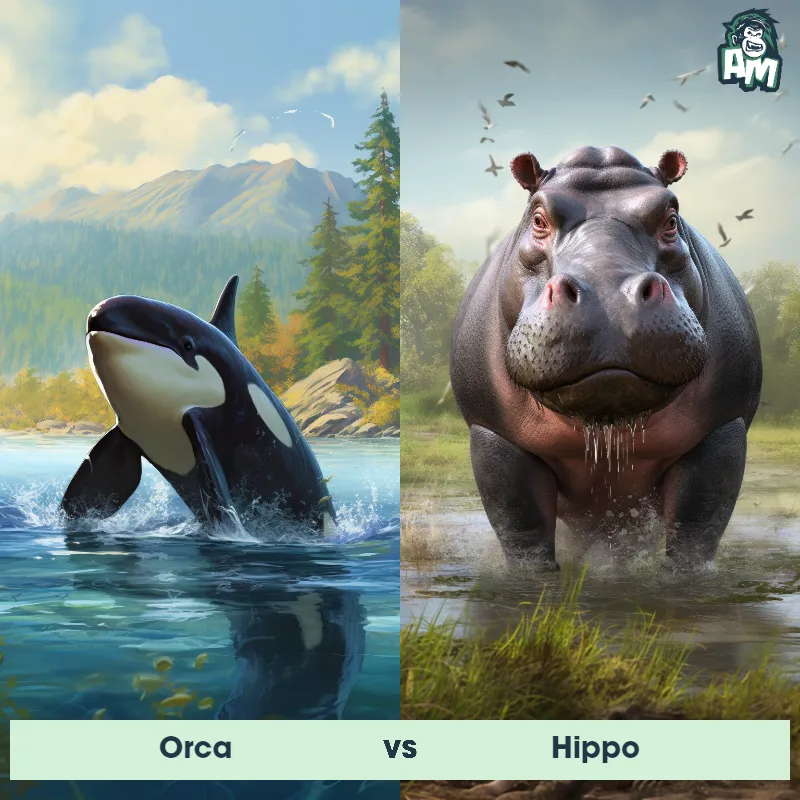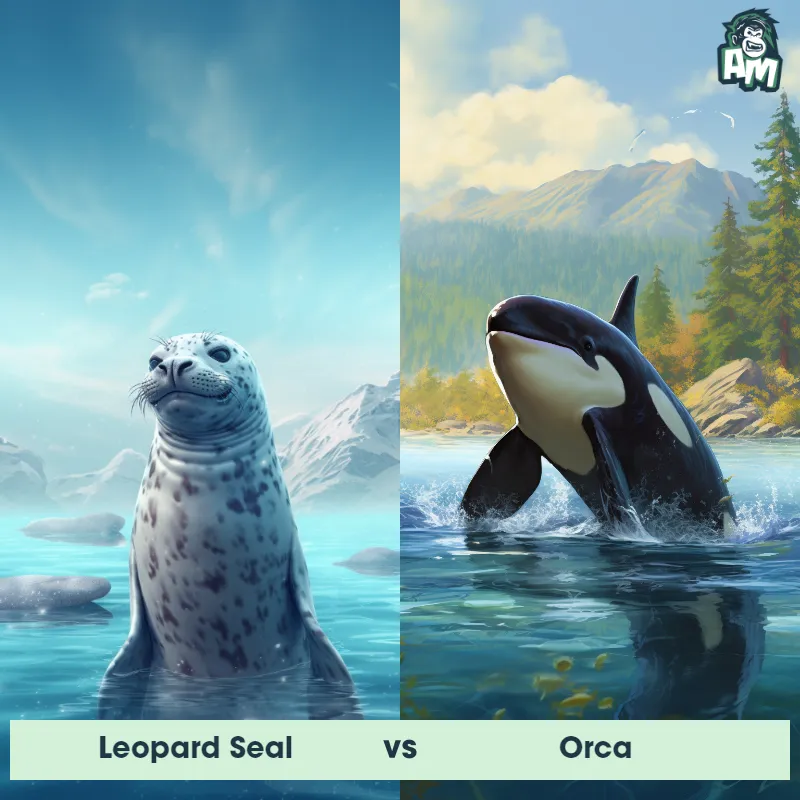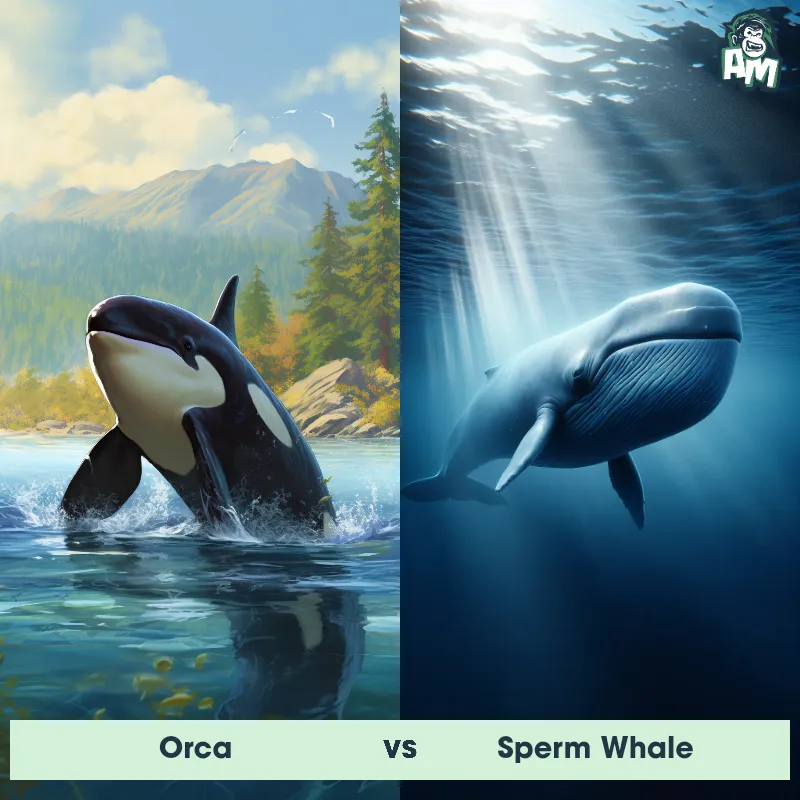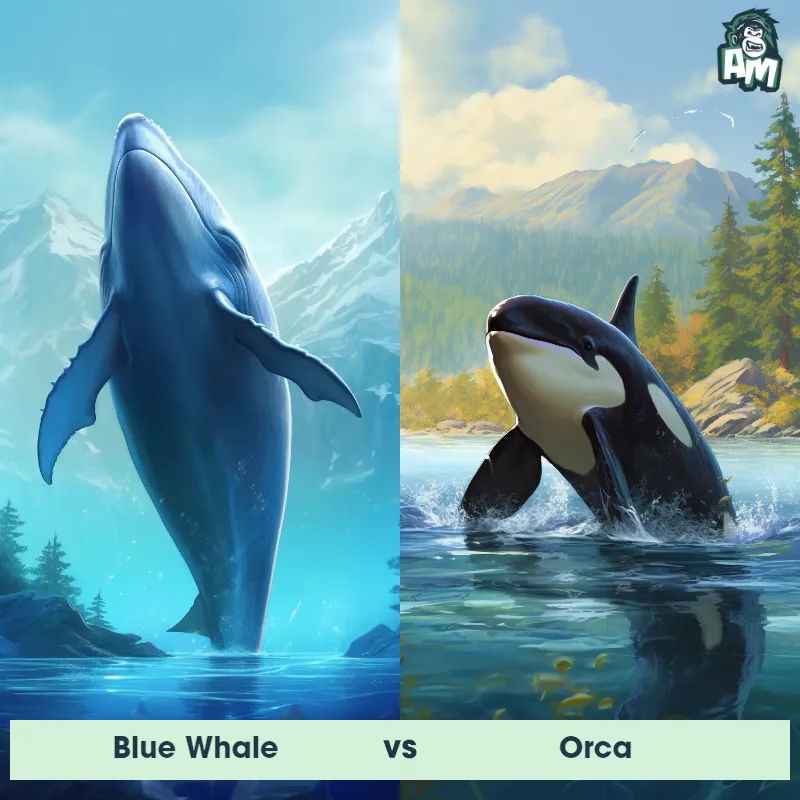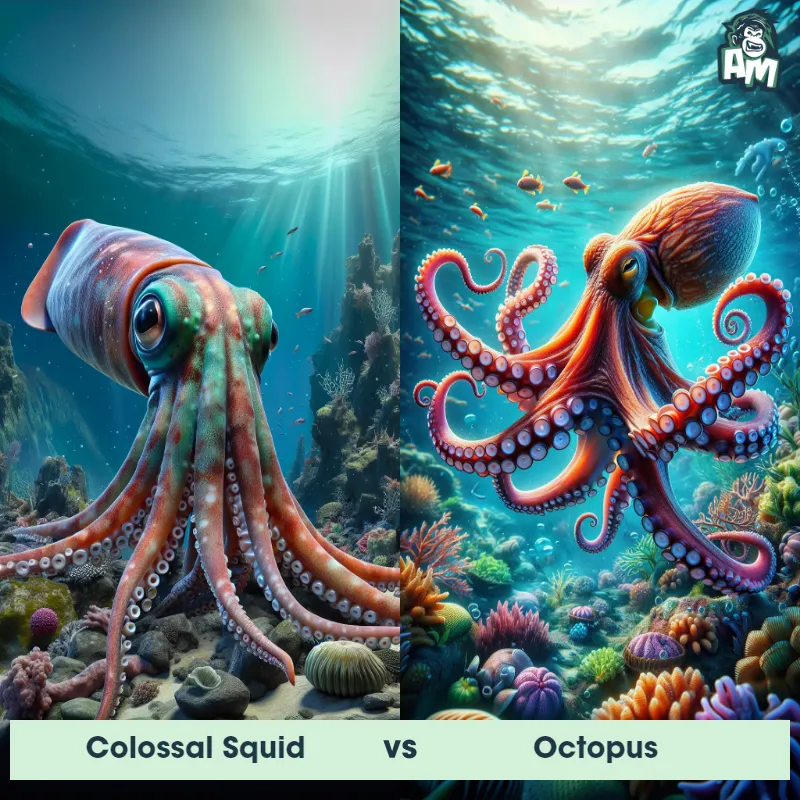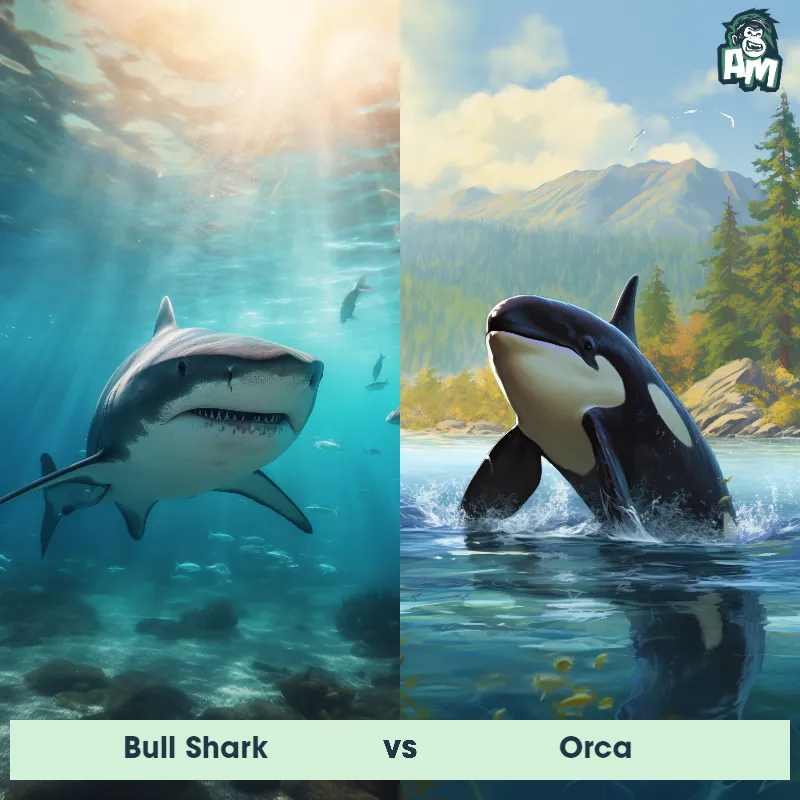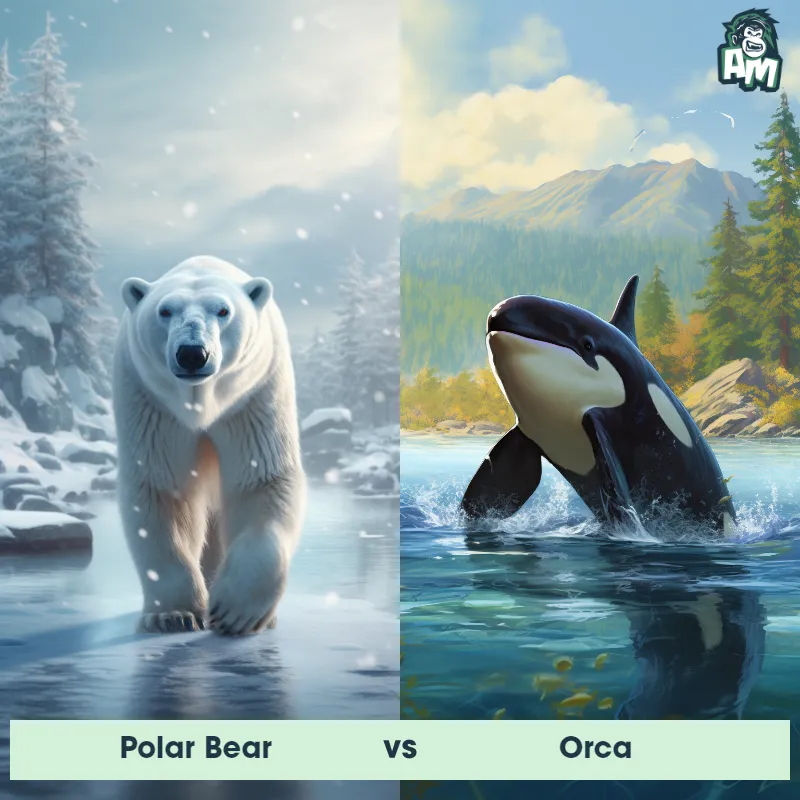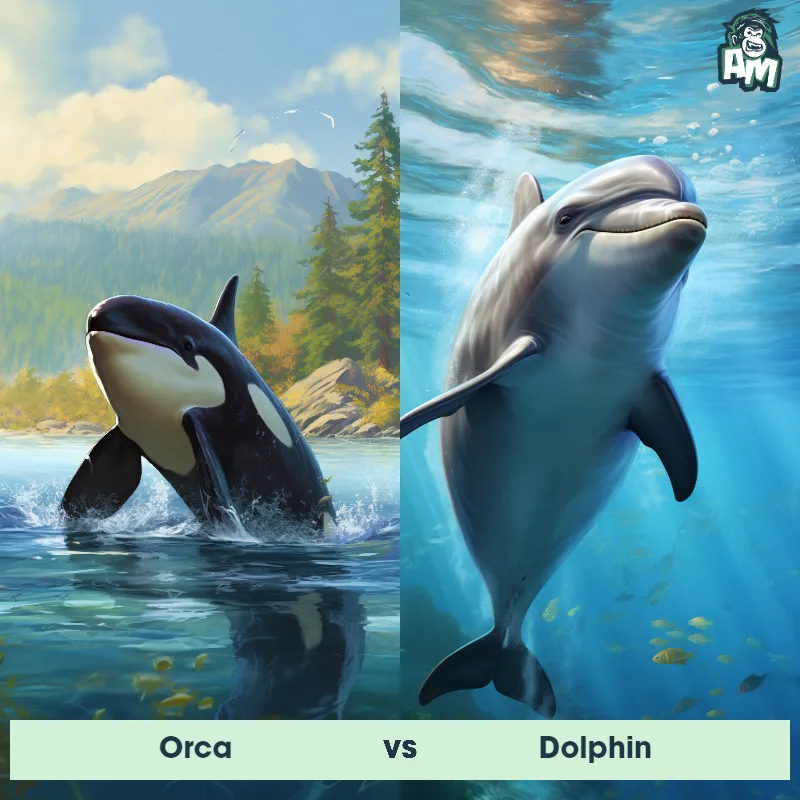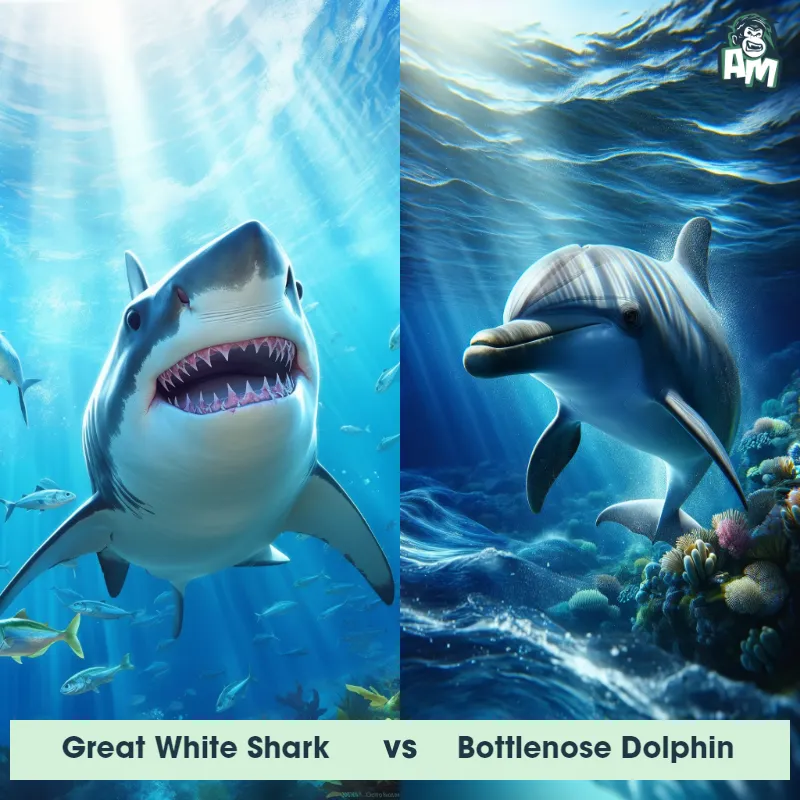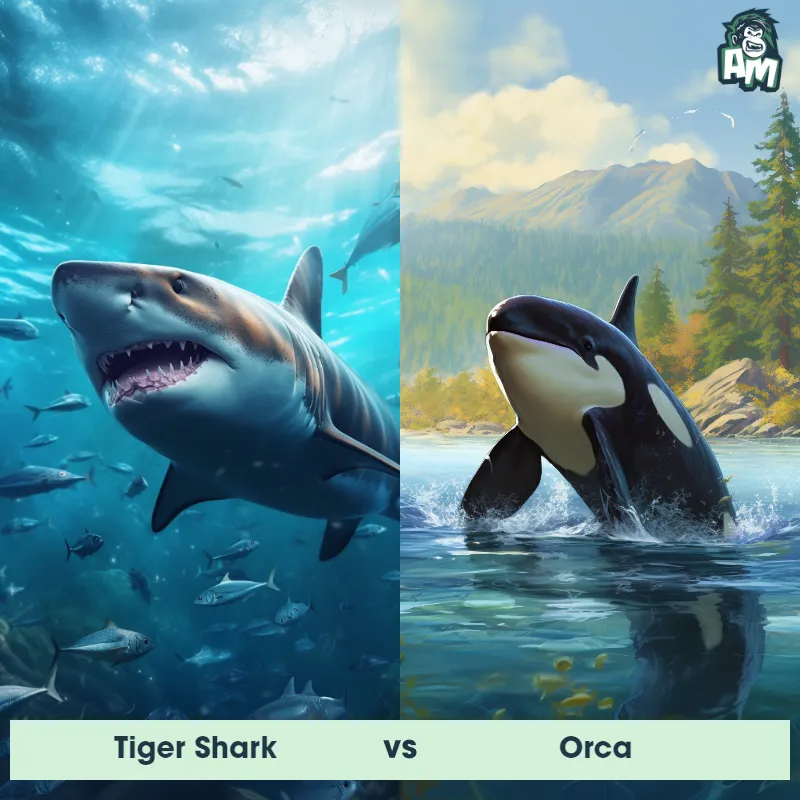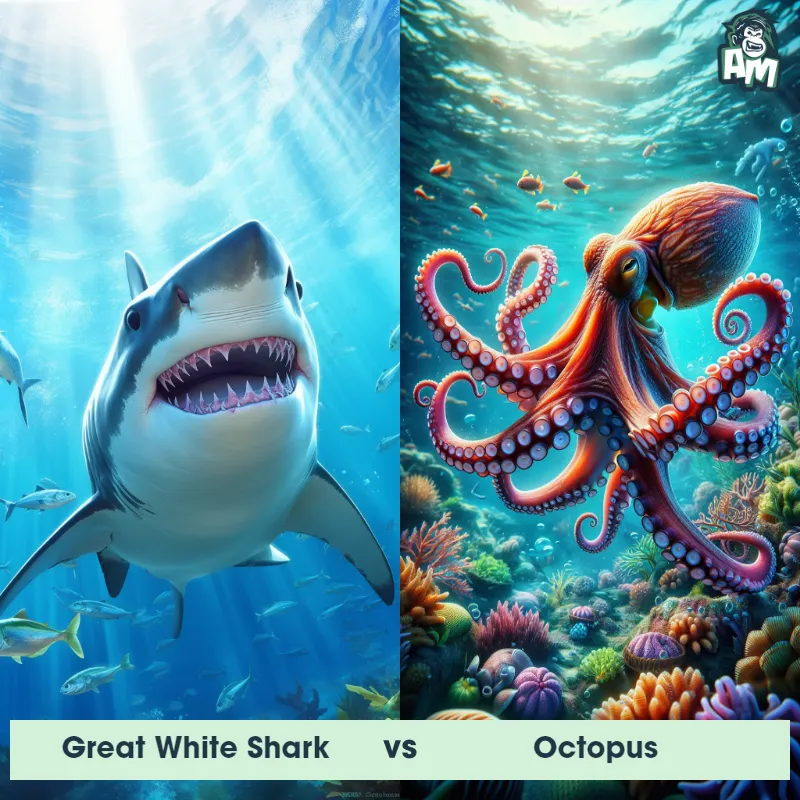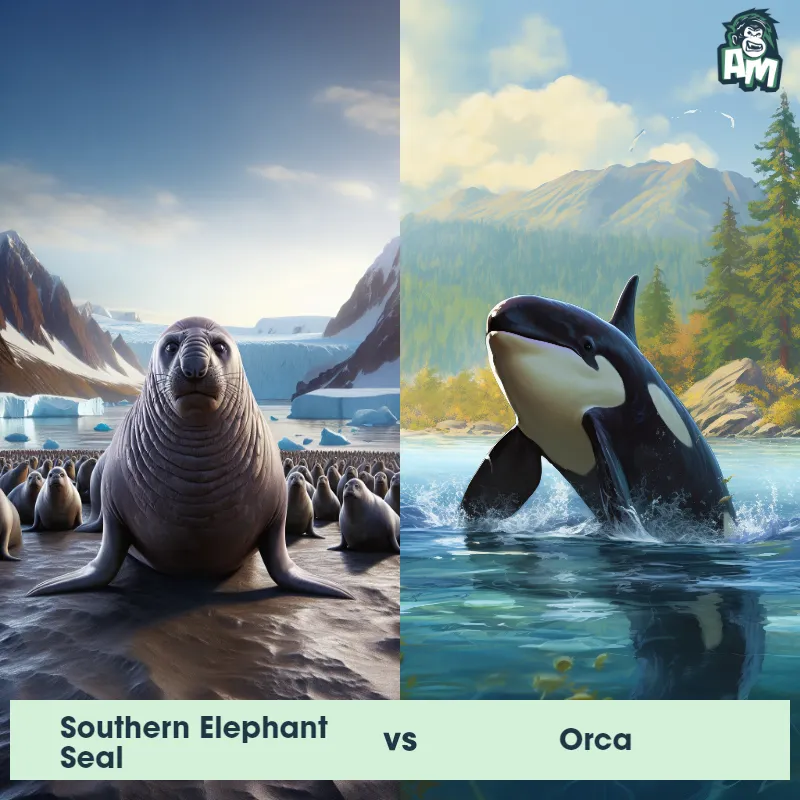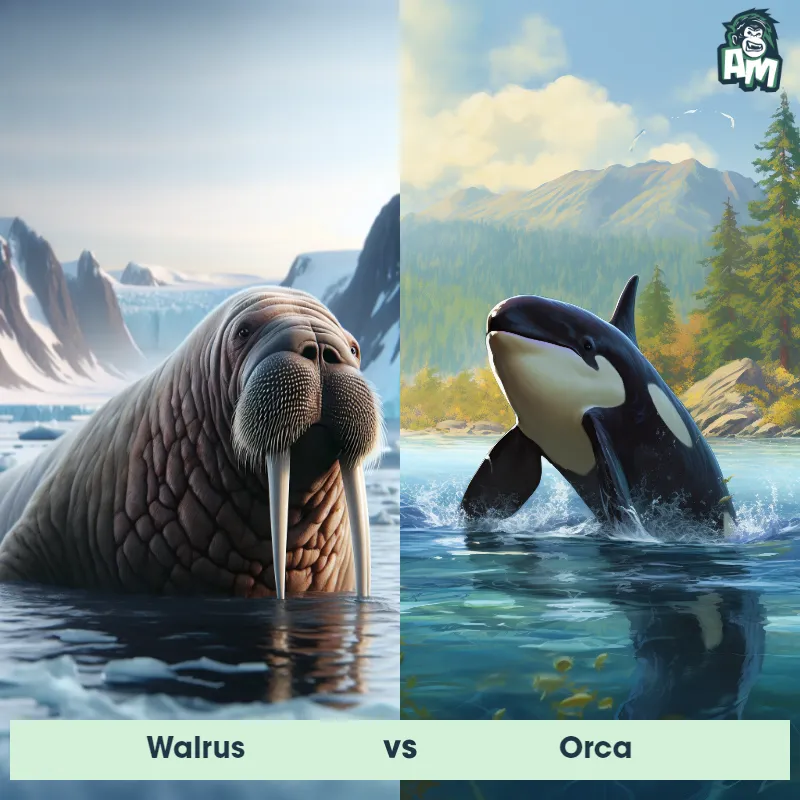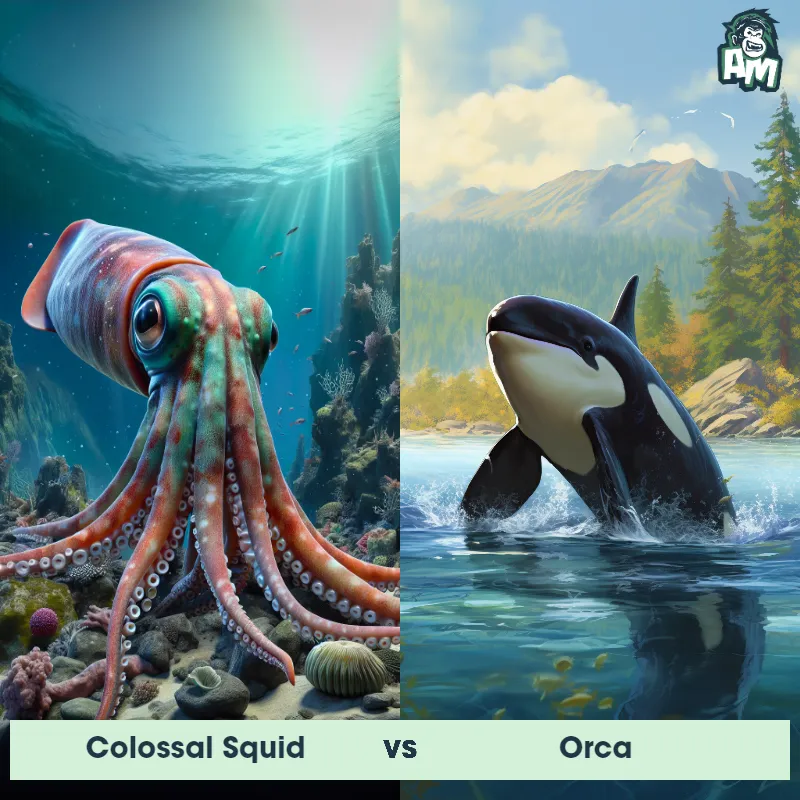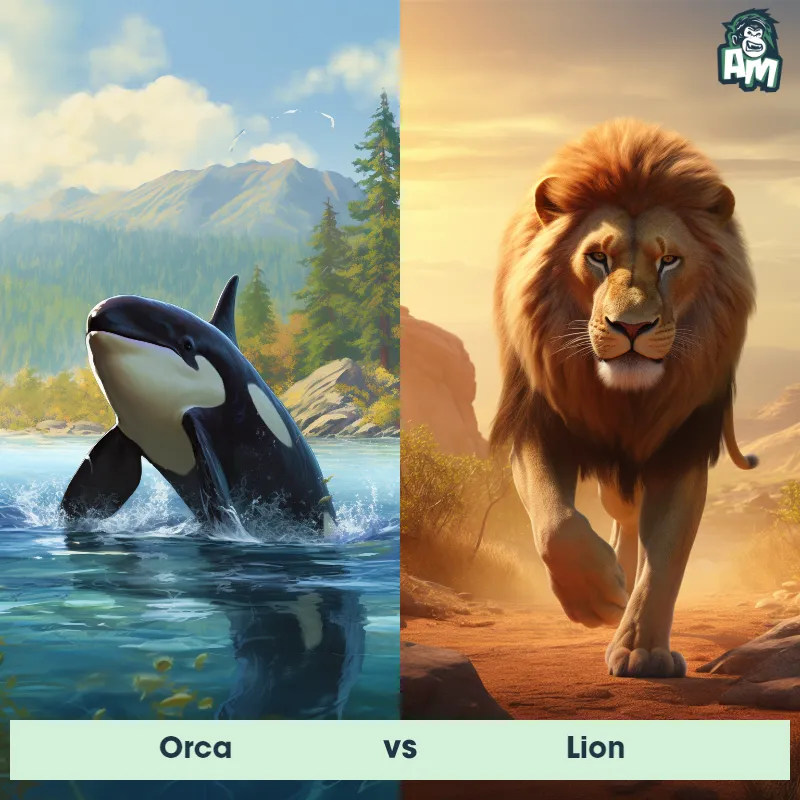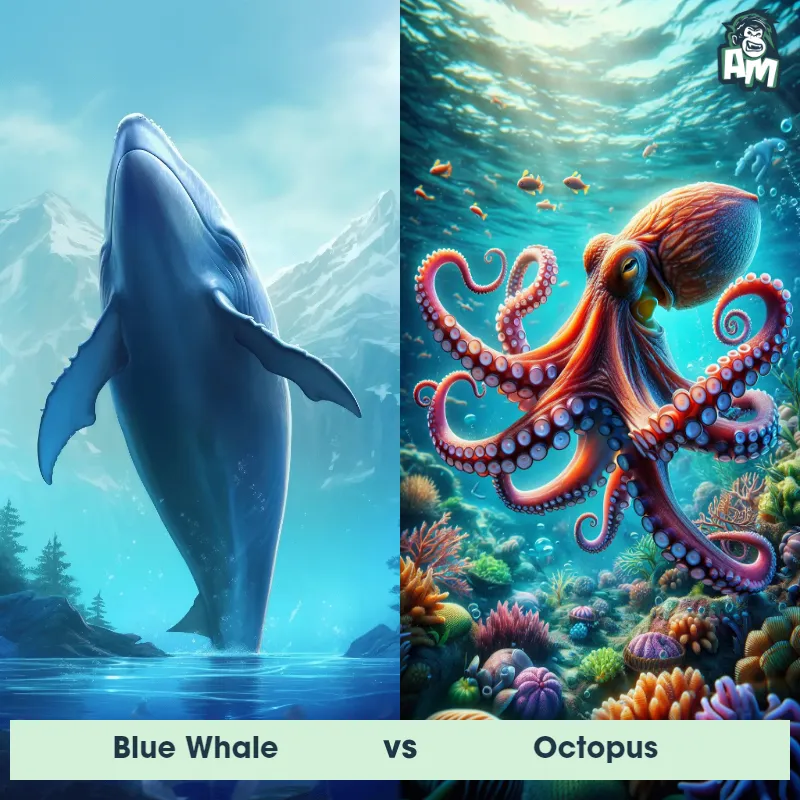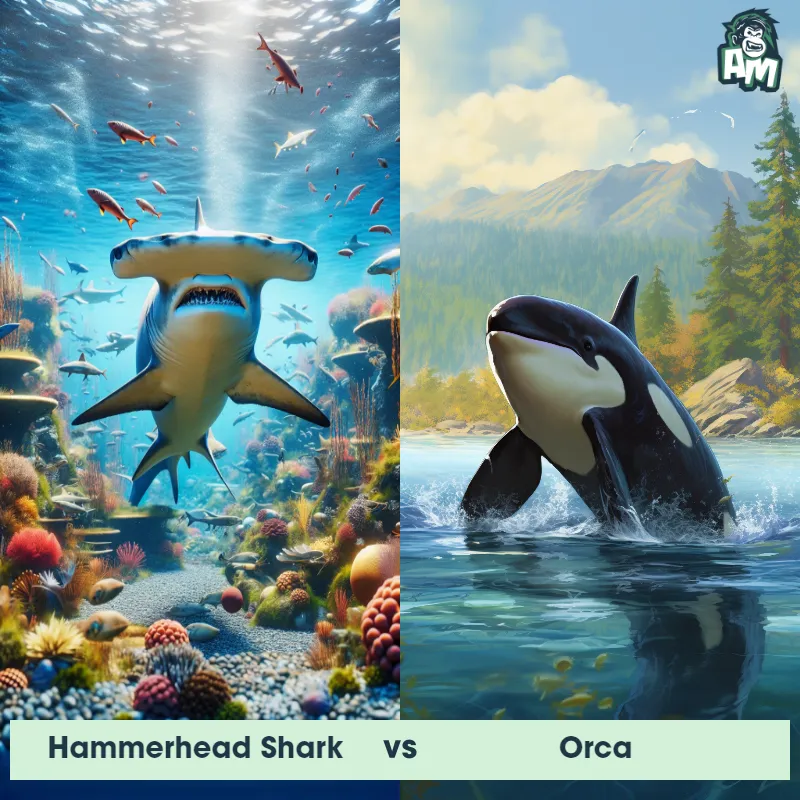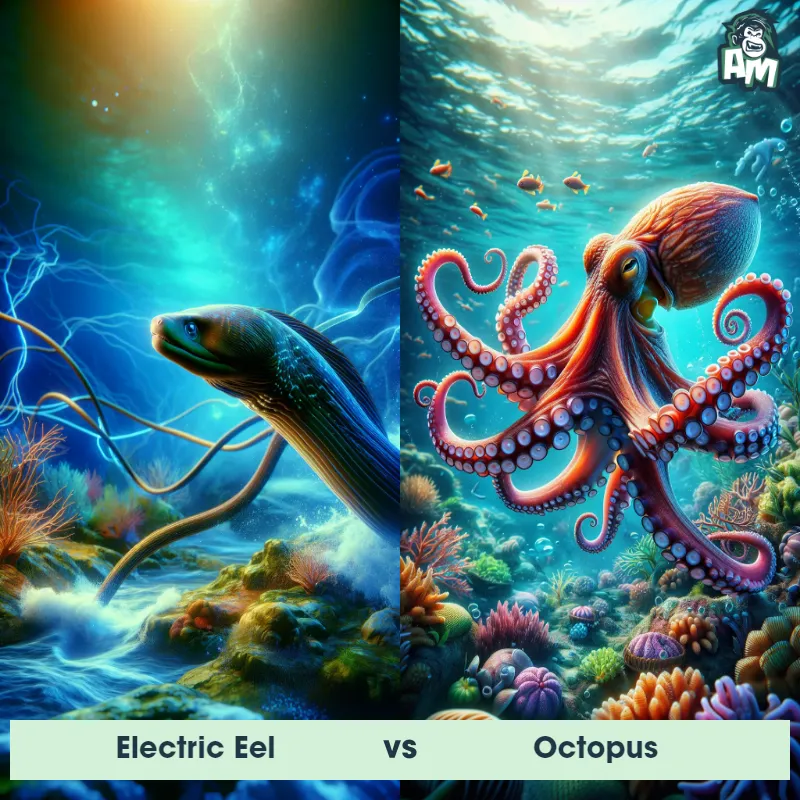Orca vs OctopusSee Who Wins

Ladies and gentlemen, welcome to this highly anticipated battle between the majestic Orca and the elusive Octopus! Both of these incredible creatures have their own unique set of skills, and tonight we will witness their clash of strength and strategy. With no further ado, let the fight begin!
Contender 1: Orca
The Orca, or killer whale, is a toothed whale belonging to the oceanic dolphin family. Known for their distinctive black-and-white coloration, orcas are among the most powerful predators on Earth. Adult males can grow up to 26 feet long and weigh up to six tons. They have a large dorsal fin, which in males can reach up to 6 feet in height. Orcas are found in oceans all over the world but are most common in the Arctic and the Antarctic. Their diet is diverse, including fish, seals, and even other whales.
Fun Fact: Orcas have a complex social structure, living in tight-knit family groups known as pods, and they are known to exhibit behaviors such as teaching, learning, cooperation, and grieving.
Contender 2: Octopus
The octopus is a fascinating marine creature known for its rounded body, large eyes, and eight long arms lined with suckers. They belong to the class of mollusks known as cephalopods and are widely regarded as the most intelligent invertebrates. The octopus's skin color and texture can change dramatically, a trait used for both communication and camouflage. Octopuses are carnivorous, feeding mainly on crabs, shrimp, and other small sea creatures.
Fun Fact: Octopuses have three hearts; two pump blood to the gills, while the third pumps it to the rest of the body.
Matchup Stats
| Orca | Octopus | |
|---|---|---|
| Size | Up to 26 feet long (7.9 meters) | Varies by species, from 1 inch (2.5 cm) to 14 feet (4.3 m) in arm span |
| Weight | Up to 6 tons (5,443 kilograms) | Varies by species, from less than 1 ounce (28 grams) to 600 pounds (272 kilograms) for the largest species, the Giant Pacific Octopus |
| Speed | 35mph (56km/h) | 25mph (40km/h) |
| Key Strength | Powerful predator with strong jaws and sharp teeth | High intelligence, ability to change skin color and texture for camouflage, and use of ink for defense |
| Biggest Weakness | Limited mobility on land | Soft body with no skeletal structure, making them vulnerable to larger predators |
Current Votes
Orca vs Octopus
See Who Wins
View More Matches
Looking For More?
Similar Matches
Scientific Stats
| Orca | Octopus | |
|---|---|---|
| Scientific Name | Orcinus orca | Octopoda |
| Family | Delphinidae | Octopodidae |
| Habitat | Oceans worldwide | Marine environments, from shallow coastal waters to deep-sea trenches |
| Geography | Global, most common in Arctic and Antarctic | Worldwide, in all oceans |
| Diet | Fish, seals, and other whales | Carnivorous, feeding mainly on crabs, shrimp, and other small sea creatures |
| Lifespan | 50 years - 80 years | 1 year - 5 years |
Key Differences between Orca and Octopus
- Head and eyes: Orcas have a large, bulbous head with a pointed snout, along with a prominent blowhole on the back for breathing, while octopuses have a rounded head with a beak-like structure and highly developed eyes that can perceive complex patterns and colors.
- Size: Orcas, also known as killer whales, are significantly larger than octopuses, with adult males reaching lengths of up to 30 feet and weighing up to 10 tons, while octopuses rarely exceed 3 feet in length and weigh a few pounds.
- Habitat: Orcas are found primarily in marine environments, inhabiting both cold and warm seas, including the Arctic, Antarctic, and various oceans, whereas octopuses mostly occupy marine environments, ranging from shallow coastal areas to the depths of the ocean.
- Coloration: Orcas display a distinct black and white coloration pattern, with a dark back and white undersides, often with gray patches, whereas octopuses are highly variable in color and can change their skin color and texture to blend with their surroundings, ranging from brown and red to white and blue.
- Body shape: Orcas have a streamlined, torpedo-shaped body with a prominent dorsal fin on their back, while octopuses have a soft, cylindrical body with no external fin structure.
- Limbs: Orcas have a pair of large, paddle-like flippers and a powerful, crescent-shaped tail fluke for propulsion, whereas octopuses have eight flexible arms, each equipped with suction cups, which they use for movement and manipulation.



